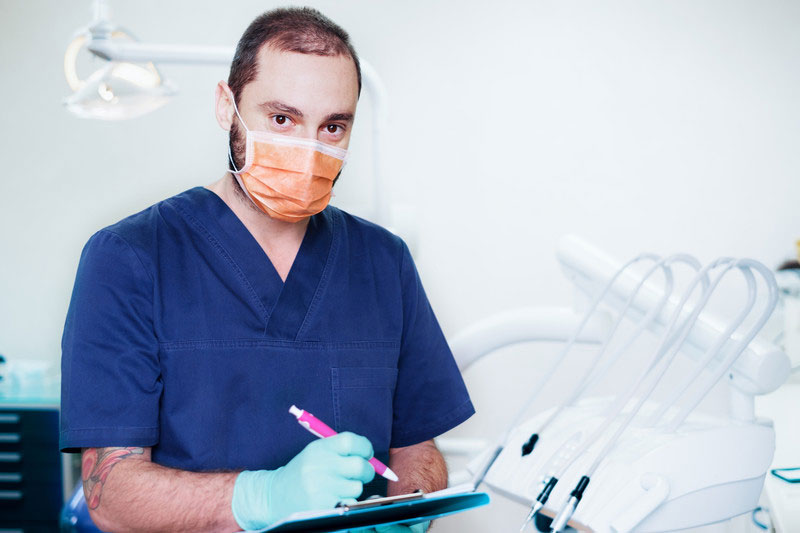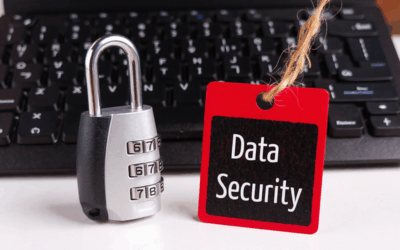Medical record breach is of great concern today, as it compromises patients’ electronic health records as well as billing information. This could lead to healthcare fraud and risk for the patients. Healthcare entities have to take extra care when sharing medical records, even when utilizing document scanning solutions to convert paper-based records to electronic formats.

According to the Centers for Disease Control and Prevention (CDC), more than one billion patient visits are recorded each year by doctors’ offices, clinics, and hospitals in the United States. The emergency visits to dentists are numerous. So, the number of patient records that exchange hands among caregivers, specialists, care organizations and their staffs each day in this country is countless.
In the field of dentistry itself, x-rays, images, billing information, claims data, and treatment information are shared among interested parties. Communication between providers and dental plans or payers is usually done using secure portals or other technology services, such as those used for electronic claim attachments. However, healthcare providers and patients communicate via email and this is the only option for practices.
Email could be a risky alternative to send sensitive health information as it lacks security, regulatory compliance and is also vulnerable to attack. Email security gaps must be a concern for dentists and dental teams whenever they attach patient information to an email and hit the “send” button. The underlying problem lies in the encryption. Patients records transmitted via email are generally unencrypted, like CDs and popular online sharing services. So, when this information lands on the servers of email providers, they will stay vulnerable. In fact, exchanging protected health information (PHI)through unencrypted, unsecured email exposes patients’ personal information to an underworld of hackers seeking to exploit the information.
Dentists are required to obtain consent from patients before sending them any type of PHI through unsecured email. If the protected health information is sent through unsecured email without the consent of the patient, it can lead to violation of HIPAA. Any medical specialty including dental must follow HIPAA guidelines to ensure privacy and security of patient records. HIPAA journal reported that, the United States Department of Health and Human Services’ Office for Civil Rights (OCR) received notifications of 351 data breaches of 500 or more healthcare records and the breaches have resulted in the exposure of 13,020,821 healthcare records. Unencrypted emails on servers or hacked in transit can lead to breaches of records which in turnput healthcare practices at risk. For instance, xtelligent HEALTHCARE MEDIA reported that Georgia-based EyeSouth Partners recently notified that protected health information of 24,113 patients was potentially compromised after an employee email hack.
Therefore, it is essential that all healthcare practices including dental must adopt encryption-based solutions for the electronic and secure transfer of patient information. Encryption of email is necessary to ensure patient privacy, while offering a streamlined, efficient means for medical collaboration, speeding up response times that benefit patient treatment and care. With secure encryption throughout the entire process, patients and dental professionals can share data and health information instantly from the desk of a user to the desk of the receiver in real time. Encrypted email streamlines your practice workflow and empowers patients with a greater understanding.
Companies that provide outsourced solutions have advanced security measures in place to safeguard their clients’ sensitive data. These include:
- Secure 256 bit AES encryption and HIPAA compliance
- Browser-based transfer of files including FTP or e-mail systems.
Such effective safeguards will help prevent potential data breaches and compromise of valuable health data.



